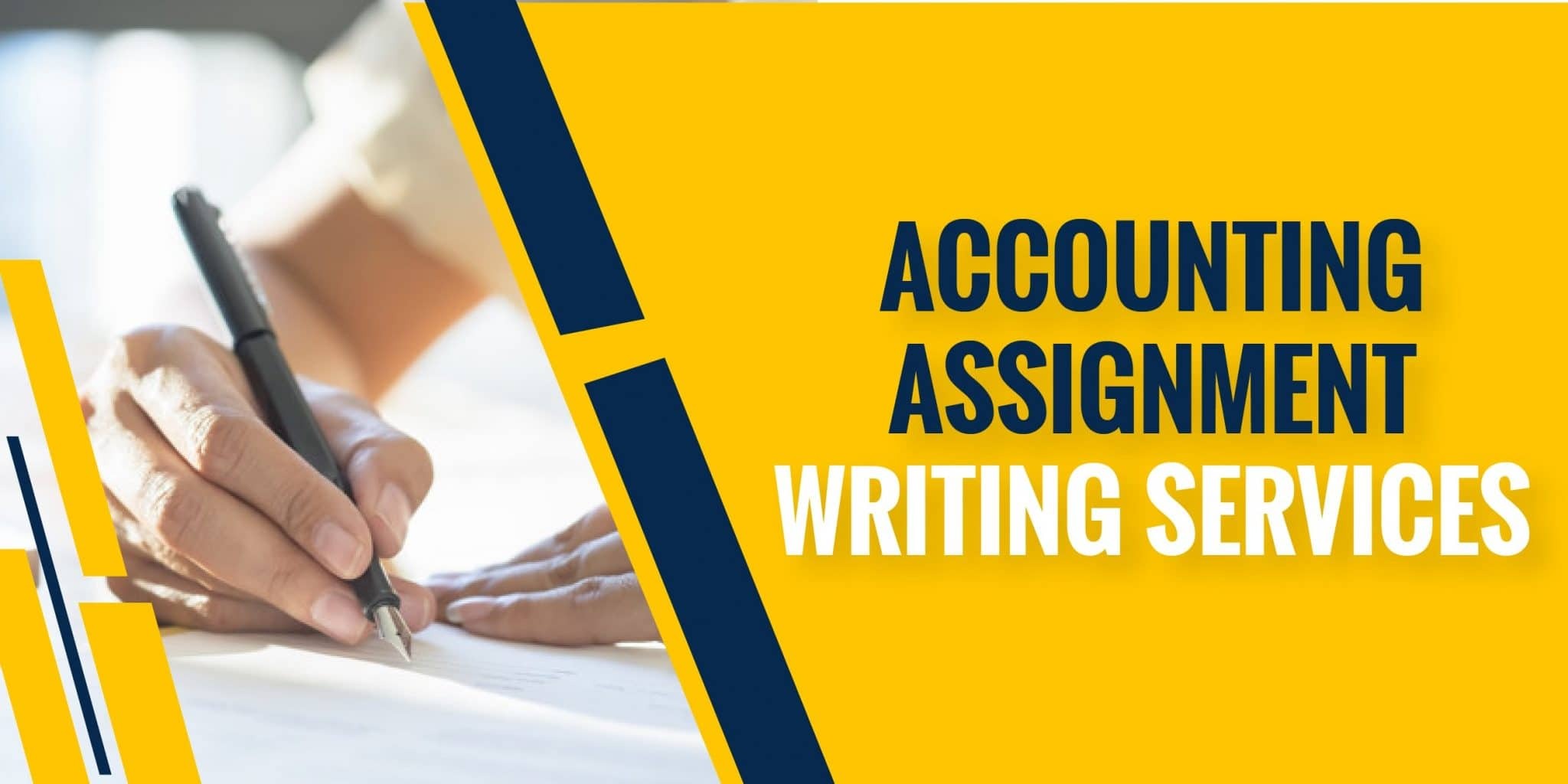Nowadays, forensic accounting is used in academic projects and lecture halls rather than just courtrooms. Students are increasingly coming across forensic accounting topics in their studies and coursework.
As the need to identify and stop fraud increases, Assignment help for accounting students plays a crucial role in teaching them how to apply forensic procedures effectively. For this reason, these techniques are increasingly being used in contemporary assignment writing.
Why Forensic Accounting Is Emerging in Assignment Writing
The newfound forensics in assignment writing is another intriguing thing unfolding under academic, technical, and ethical circumstances. Assignment writing services play a key role in helping students grasp. Here are the main reasons why these techniques are becoming increasingly prominent:
Academic Integrity Under Pressure
Academic integrity is compromised. Plagiarism and AI are quickly spreading like wildfire. Students submit assignments, not their own. Instructors are resisting forensic screening. They include analyzing writing style and metadata.
Discrepancies report quickly. Thus, assuring the originality of the assignment. Forensic accounting software is now incorporated in education. It helps to preserve fairness and prevent students from cheating. Integrity matters, and these software programs help to keep it strong.
Real-World Application in Assignments
Assignments are more real-world-based now. They are true business issues. In finance courses, fraud is a common topic. Students can learn about phony accounts. Or they can locate symptoms of financial crime.
Forensic software helps them to do this. The activities are modeled to imitate practical investigations in the field. Students acquire professional thinking. It makes learning deeper and profession-based. The goal is clear thinking and smart analysis.
Difficulty of Financial Crimes
Fraud is no longer so simple. Schemes today encompass cyber deceptions. Money is hidden behind foreign accounts. Crimes are hard to trace. Assignments nowadays indicate that sophistication. Students examine trends and question data.
Variance tests and audit trails are examples. They identify faults and abnormally occurring trends. This makes students think like fraud examiners. They make them ready for tackling current financial realities.
Development of Data Analytics in Education
Data is everywhere today. Big sets are utilized in the classroom by students. They are duplicates of actual business data. Forensic practice involves the utilization of programs like Excel or Power BI. Patterns and deviations are what they’re searching for.
Benford’s Law and ratios are commonly utilized. These are utilized to reveal fraud within data. Data skills are now necessary in finance today.
Tech Tools Make Forensic Learning Easier
Learning has been revolutionized by technology. Forensic programs and applications are used today. Students can track transactions and identify errors. Cloud-based tools construct real-world practice scenarios.
Logs and cyber trails are included in the work. Students dig through them to find errors. Hands-on training builds real ability. Learning is active and interactive. Forensic technology helps students visualize how fraud is done in the real world.
Ethics and Social Responsibility
Students must be taught ethics, too. Forensic accounting does just that. It has to do with truth, fairness, and honesty. Case studies are often assigned in class. Students examine what went wrong.
They talk about how they can prevent fraud. This creates sound thinking and moral awareness. It makes the student a responsible professional. Ethics is not a theory, it’s a real part of forensic learning.
Interdisciplinary Skills Development
Forensics accounting is a mix of many disciplines. Forensic accounting uses finance, law, technology, and behavioral studies. Assignments are proof of this convergence. Students learn legal terminology and fraud legislation.
They also learn interviewing skills and cyber protection. All this wide spectrum makes us versatile thinkers. It prepares them for most jobs. Real-life fraud is complex. Learning should be the same. Forensic assignments offer that wide vision.
Professional Skill Preparation
Auditing and fraud employment is on the rise. Students need skills for these employment opportunities. Forensic assignments teach students the basics first. They teach students how to write reports and ask questions.
Students gather evidence and report findings. They are crucial workplace skills. Assignments are test runs for real employment. They are braver now because they know more. Forensic work builds career resilience.
Evolving Assessment Strategies
Tests are changing rapidly. Real-world exercises replace old tests. But that leaves room for cheating. Forensic thinking solves that. Educators design assignments that are hard to reproduce. Students study individual cases and suspicious individuals.
Every assignment takes honest effort and exertion. That makes assignments just and promotes integrity. Forensic tools protect learning, even as test methods shift.
AI and Academic Challenges
AI programs aid students in writing. But they misuse them mostly. Whole essays are now being produced by AI. Teachers can spot it now. Forensic analysis compares writing drafts and patterns. They inspect how content is produced.
Bogus data gets detected more. These instruments protect academic integrity. Forensic methods maintain education as it is in the age of AI. Students learn better when they produce their work.
Training a Detailed Eye
Fraud is instilled in the finer points. One decimal out of place makes a difference. Forensic students are trained to spot those errors. Assignments make them sharp about slight errors. They look for tiny omissions or unusual numbers.
This instills patience and focus. Detailed skills apply in every profession. Students become sharp minds. Forensic education makes them careful, reliable professionals.
Global Standards and Expectations
Universities seek more these days. Global skills are required. Forensic accounting serves this purpose. It builds strong, ethical minds. Assignments teach research, law, and precision.
These skills suit finance careers all over the world. Students become employable and reliable. Forensic training shows seriousness. It equips students to handle global challenges with skill and moral rectitude.
Summary
Forensic accounting is redefining education. It teaches ethics, analysis, and practical thought. It teaches how to detect fraud, catch errors, and write crisp reports. These are skills more essential than ever. With crime becoming more cunning, so should students. Forensic techniques give them an edge. They don’t graduate, ready for real careers. The world needs smart minds, and forensic accounting sharpens them.
